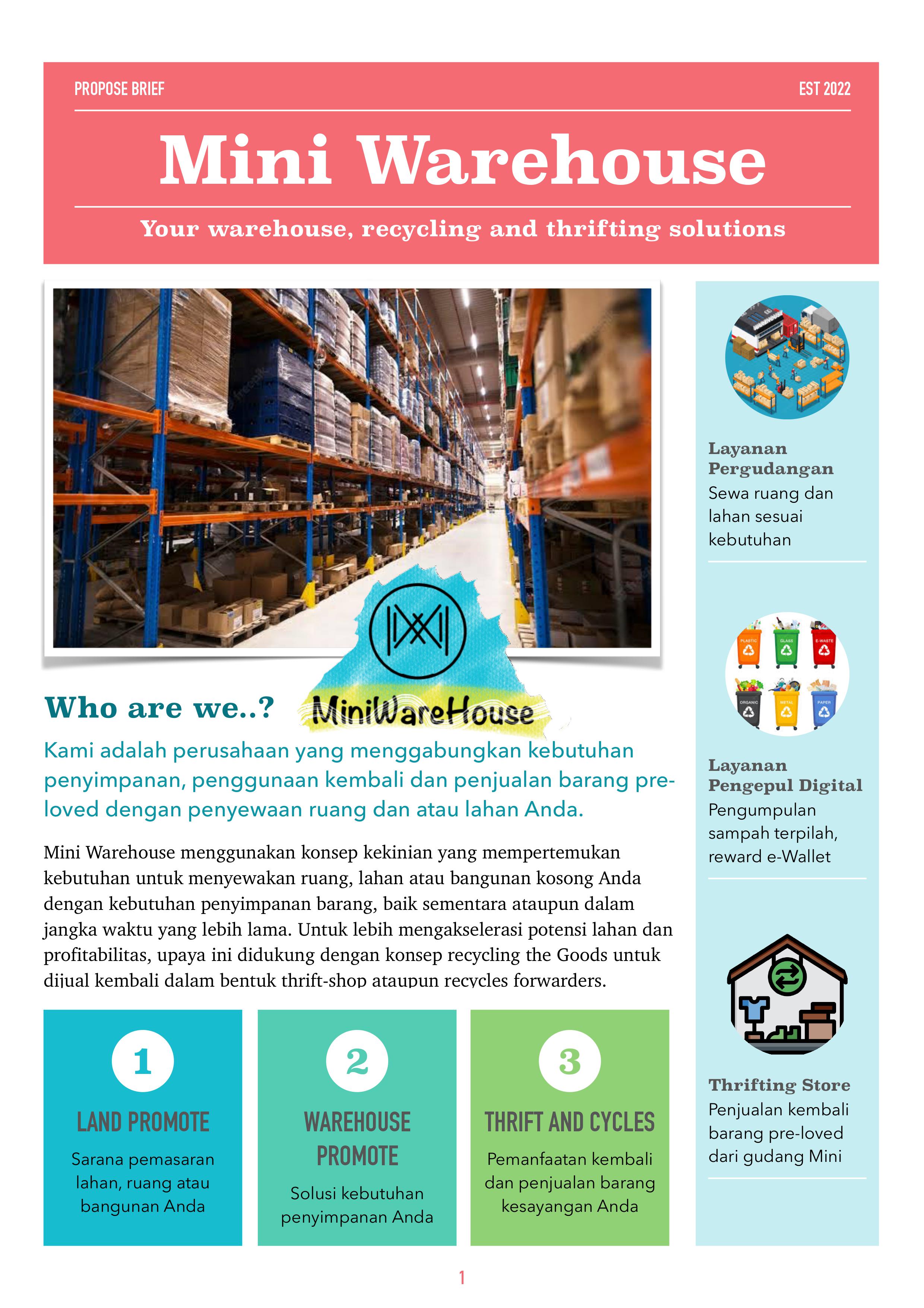social media, technology, impulsive behavior and fraud
social media, technology, impulsive behavior and fraud
May 17, 2024
194
the dark side of technology that fuels impulsive behavior and vulnerability to fraud

Today’s ultra connected and open world, technology has revolutionized our way to communicate, work and entertained. This constant connectivity, particularly with social media, create open hole for impulsive behaviour that can lead to multiple vulnerability to fraud. Understanding the underlying psychological mechanism at play can help us better navigate the digital landscape and protect ourselves from falling prey to scams.
Social media, you tell me what its called, each, have become integral parts of our daily lives. These platforms are designed to be engaging, leveraging sophisticated algorithms to keep users hooked, addicted or even dependent, creating Fear of Missing Out sickness. The constant influx of notifications, likes, comments and share provide instant gratification, which surely can be so addicted. This addiction is rooted in brain’s reward systems. Every time we receive a notification, likes or expected comment, our brain release dopamine that associated with pleasure and reward. Overtime, this creates a cycle of seeking more interactions and instant feedback, leading to impulsive patterns. Seem like it is the new legally drugs, isn't it?
Impulsivity, characterized by actions taken without forethought or consideration of consequences, a significant element in online behaviour. On social media, impulsive actions occur in many ways, such as oversharing personal information, clicking on seemingly attractive ads or engaging n risk online activities. This behaviour is getting worse by the phenomenon of social proof, where people are influenced by the actions and approval of others often leading to hasty decisions. In the other hand, fraudsters are adept at exploiting these impulsive tendencies. They use a variety of sneaky methods to deceive social media users, including phishing scams, fake offers and impersonations schemes. These scams often present themselves as urgent or time sensitive, leveraging the users FOMO to prompt immediate action. The impulsive nature of social media interactions increases the likelihood of falling for such scams.
Psychological theory such as Dual System Theory can be our analysis knife to understand why impulsive behaviour makes individuals more susceptible to fraud. This theory posits that human decision making is governed by two systems: System 1 which is fast, automatic and emotional often; and system 2 which is slow, deliberate and logical. Social media engagement primarily activate system 1, encouraging quick and emotion driven response. The social media platform design, with their emphasis on speed and immediate gratification often bypasses the more rational dan cautious the system2. This creates a storm of impulsive decisions which fraudsters can easily exploit.
Of these situations, at least there are several suggestions strategies to mitigate the risks. We’re learning together. Pause before we act, can be the first strategy. Take a moment to think before clicking something or sharing personal information. This allow our System2 to engage, providing a more thoughtful response. The second strategy is by educate us. Should we be more aware of common online scams and how they operate, can help us recognize and avoid them. Scammers often create a sense of urgency to prompt us a quick action, so be sceptical of urgency can be very useful. Last but not least, always verify senders or the person you are talking to through other channels. Don’t always give immediate response or action.
As technology and social media continue to involve, the same situation also happened with the tactics of fraudsters. By understanding the psychological underpinnings of impulsive behaviour and taking proactive measures, we could have better in protecting ourselves from the growing threat of online fraud, in this digital age, a mindful approach to online interactions is essential for guarding our personal information and financial well-being safe. And remember there is nothing wrong if we are missing out for something, it might be good for us. Safe browsing everyone!
Quotes.
"people open their door for me, i open it for other people. brain linkage."- professor sastia pranama putri
"mereka yang menyodorkan gagasan dengan mengomentari, merendahkan dan menyalahkan gagasan orang sebenarnya tidak punya gagasan."- margareth thatcher
"knowledge is a power, but the real power is applied knowledge."- ade rai
"partisipasi adalah income untuk membiayai prestasi."- azrul ananda
"kesabaran adalah tentang mengambil hikmah dari mengalah, bukan pernyataan menyerah."- myself

loading ...


